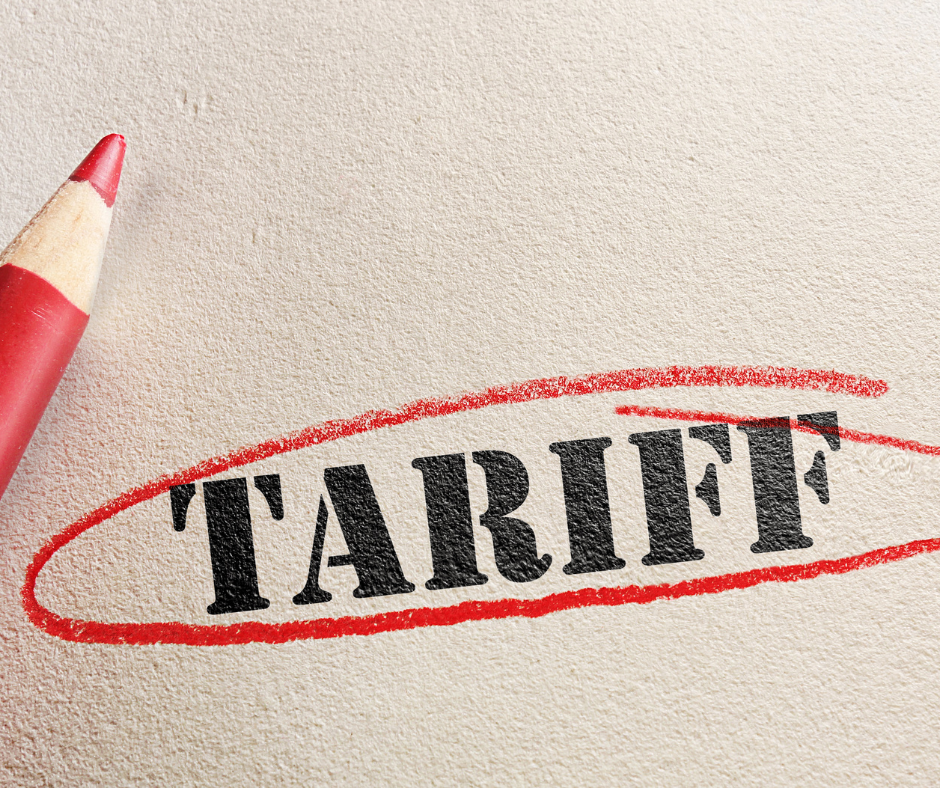Why We Must Urgently Talk About Tariffs—Before They Talk For Us
In the modern global economy, tariffs are no longer just numbers on a spreadsheet or political talking points. They are living realities that affect entrepreneurs, consumers, industries, and entire nations. But there’s one factor that’s even more critical than tariffs themselves—communication.
Yes, communication.
Because when misunderstandings grow, when confusion escalates, and when assumptions replace conversations, the true cost of tariffs multiplies—silently but severely. And yet, too many businesses and governments fail to communicate clearly, promptly, or strategically about tariffs.
This has to change.
It must change—now.
The Unspoken Crisis: Tariffs Without Transparency
We live in an era where one policy change can disrupt supply chains across continents. A shift in import duties in one country can send shockwaves through manufacturers, wholesalers, and retailers globally.
But what magnifies the chaos is not always the tariff itself.
It’s the lack of communication about it.
When stakeholders don’t know:
-
What’s being taxed
-
When it’s taking effect
-
How long it’s expected to last
-
Or what strategies exist to adapt
They panic. They pull back. They halt progress.
And suddenly, an entire ecosystem built over decades can crumble—not because of the tariff, but because no one talked about it properly.
Communication Is Not Optional—It’s a Survival Tool
Every leadership team, every trade minister, every CEO, and every logistic officer must now treat communication as the first defense and the final strategy in the face of tariff adjustments.
If we are serious about:
-
Protecting jobs
-
Securing industries
-
Stabilizing trade
-
Sustaining investor confidence
Then we must also be serious about creating transparent, timely, and empathetic communication channels.
Because tariff policies don’t operate in a vacuum. People do.
And when people are left in the dark, they make assumptions.
Assumptions cause fear.
Fear causes overreactions.
Overreactions cause losses.
And all of it could be avoided—if only we communicated better.
What Effective Tariff Communication Looks Like
To revolutionize how the world responds to tariffs, we need a blueprint—a powerful, proactive strategy that makes communication an essential pillar of trade policy.
1. Early Warnings, Not Late Announcements
Leaders must shift from reactive disclosure to proactive engagement. If a tariff change is being considered, begin the communication process immediately. Stakeholders must have time to prepare, plan, and pivot.
2. Plain Language, Not Bureaucratic Jargon
Tariffs affect everyone—from global conglomerates to small family businesses. Communication should be clear, accessible, and actionable. Avoid technical terms that alienate the very people who need to understand the message.
3. Consistent Updates, Not One-Time Press Releases
Don’t leave people guessing. Create a steady stream of updates across digital platforms, trade bulletins, and direct communication lines. Make clarity a continuous process.
4. Two-Way Dialogue, Not One-Way Orders
Governments and large corporations must be willing to listen as much as they speak. Encourage feedback from industry experts, business owners, and civil society. Real communication is never one-sided.
What’s at Stake If We Don’t Get This Right?
Let’s be honest—we’re standing on a knife’s edge.
Without proper communication, tariff decisions become political weapons, not economic tools.
Here’s what’s at risk:
-
Sudden job losses due to disrupted industries
-
Broken supply chains and delayed production
-
Skyrocketing prices on basic goods
-
Eroded consumer trust and investor confidence
-
Unpredictable business environments that repel innovation
The cost of silence is too high.
The cost of confusion is even higher.
Tariffs must be paired with truth. And truth needs a voice.
Action Must Start Today: What You Can Do
Whether you’re a policymaker, a business leader, a logistics manager, or an entrepreneur—you have a role to play in the revolution of tariff communication.
If you’re a government official:
Demand that your ministry publishes clear, real-time tariff changes through every channel possible.
If you’re a business owner:
Create internal communications to keep your team informed. Work with associations to share impact stories and ask for clarification.
If you’re a supply chain leader:
Map out tariff risks and build contingency plans—but do it in full transparency with your partners.
If you’re a citizen:
Ask questions. Share your concerns. Push your elected officials to communicate more effectively.
Because silence helps no one. But conversation can save everything.
The Final Message: Speak Before It’s Too Late
When it comes to tariffs, communication is not a luxury. It’s a necessity.
A well-timed message can save thousands of jobs.
A clear explanation can stabilize a crumbling market.
A human conversation can calm global tensions.
So let’s commit—as leaders, as nations, as people—to never let silence cause more damage than the tariff ever could.
Speak early. Speak clearly. Speak together.
Because in the world of tariffs, communication is everything.






